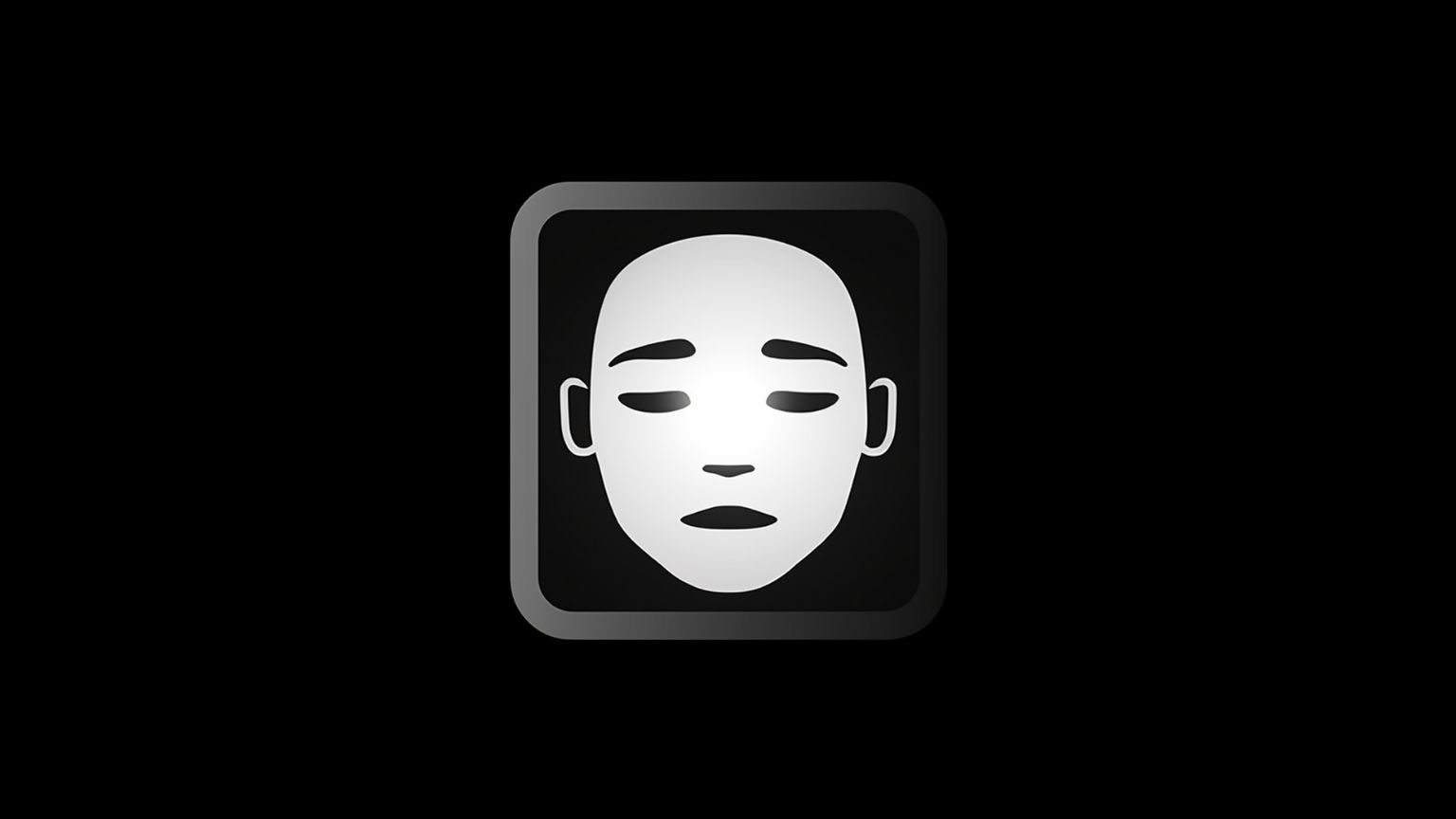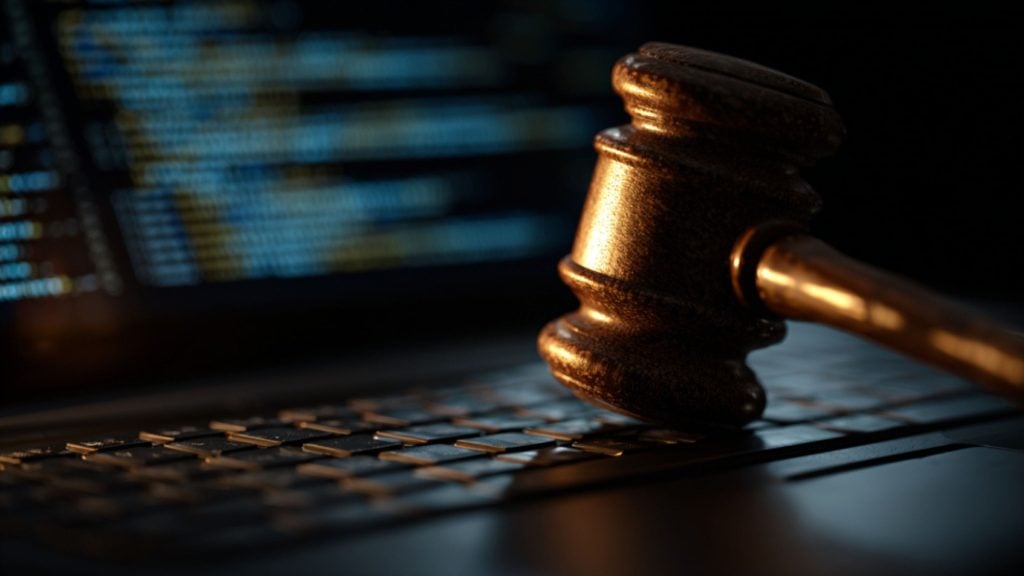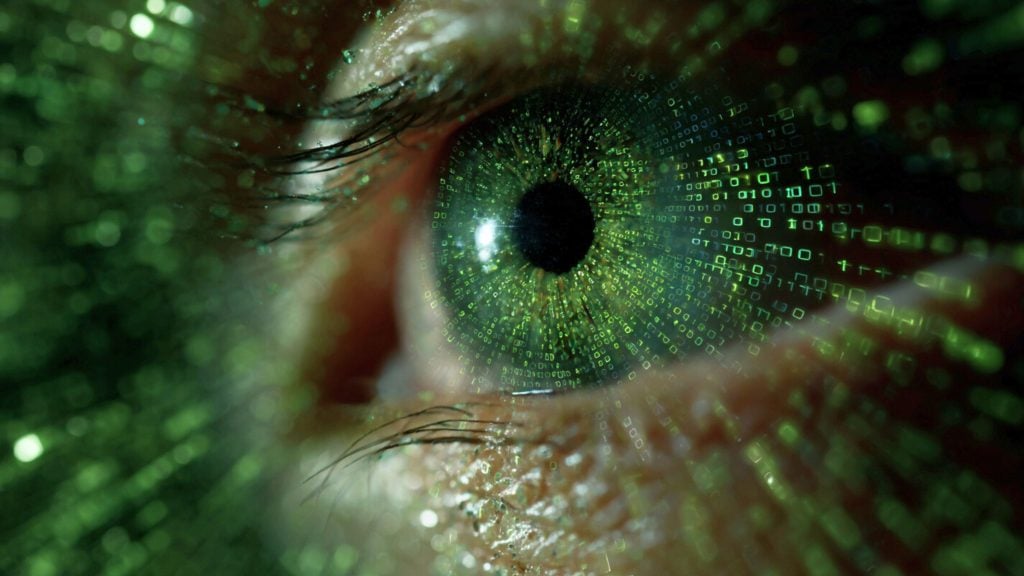The tightening grip of surveillance and political suppression in Iranian universities has intensified, as the Islamic Republic seeks to muzzle the academic community. With facial biometric verification becoming a staple for accessing even the most basic of services, the cloak of unease drapes heavily upon the student body.
Student groups from across the nation have raised concerns about these invasive measures. A striking video from the United Students Telegram, released October 1, captures school officials from Shiraz University mandating students to provide facial scans to access food from self-service amenities.
While the realm of academia should be an arena for free thought and open dialogue, the invasive measures suggest otherwise. For example, new students at Isfahan University must submit to face scans simply to receive their student cards. While officials try to justify this as a precaution against lost or stolen cards, the timeline is suspect. This policy was implemented swiftly after the installation of new surveillance cameras throughout many academic institutions.
Even more disturbingly, student union representatives have reported the presence of facial recognition cameras at the entrances of female dormitories at the Isfahan University of Arts.
The ramifications of this technology are proving unsettling. Reports from the Newsletter Telegram channel at Amirkabir University speak of students mysteriously barred from the campus grounds. No disciplinary committee or university president order was cited as a reason for the denial of entry. Instead, some students faced threats of detention under murky legal justifications.












